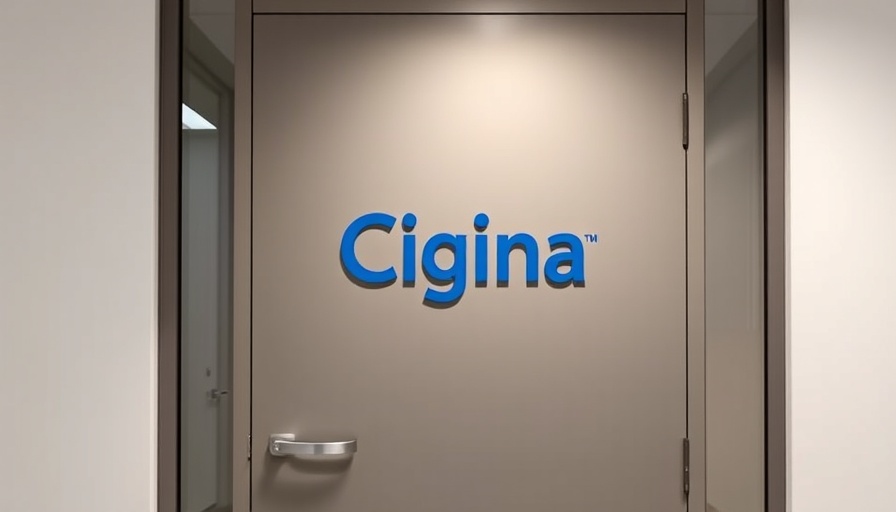
Jefferson Health and Cigna's Contract Dispute: What It Means for Patients
The healthcare landscape is in continual flux, and the recent contract dispute between Jefferson Health and Cigna highlights the complexities of healthcare costs and reimbursements. Since the lapse of their agreement on a new contract, Cigna's commercial members in the Philadelphia area will now find Jefferson Health facilities out of their network. For many patients, this change means the potential for higher out-of-pocket costs should they need care from Jefferson facilities, a health system that has been partnered with Cigna for over 20 years.
The Financial Strain on Providers and Patients
Jefferson Health's argument revolves around the financial strain they face due to Cigna’s reimbursement rates. According to Edmund Pribitkin, Jefferson's chief physician executive, Cigna's rates have only marginally increased in recent years—about 3% since 2020—while relevant costs such as labor and medical supplies have surged by over 20%. This discrepancy is not just a matter of numbers; it affects the quality of care that can be provided. As inflation continues to rise, healthcare providers are finding themselves in a difficult position where costs outpace income, leading to a crucial need for better-negotiated rates that reflect real economic pressures.
Cigna's Perspective: The Balancing Act of Costs
On the other side of this negotiation, Cigna defends its stance by stating that Jefferson Health is attempting to impose unreasonable rate hikes. A spokesperson noted that many of Cigna's employer clients operate self-funded plans, meaning that any increases affect local businesses and families directly. As a result, they emphasize that sustainable cost management is equally important for the wellbeing of their members.
The Impact on Patients and Emergency Care
For patients, the implications of this contract dispute are significant. While emergency care remains in-network for Cigna members, those seeking routine care, surgeries, or additional services from Jefferson facilities now risk higher costs or must consider alternative providers. Jefferson has indicated that some Cigna members might qualify for programs that could maintain their in-network benefits despite the lapse, offering some hope amid uncertainty.
The Road Ahead: Negotiations and Possible Outcomes
Both Jefferson Health and Cigna have expressed that negotiations are ongoing, with hopes of reaching a new agreement that would reinstate their partnership. The outcome of these discussions will not only affect the financial health of Jefferson Health but also shape the experiences of thousands of patients in the region. If an agreement can't be reached soon, more patients may seek care elsewhere, impacting the sustainability of Jefferson Health.
Why Understanding Healthcare Contracts is Essential
This situation underscores the importance of transparency in healthcare pricing and the need for patients to be educated about their options. As healthcare costs continue to rise, understanding the implications of insurance networks and provider agreements is necessary for making informed decisions regarding medical care. Patients should be proactive about their healthcare choices, especially in a rapidly changing landscape.
Choosing the Right Health and Wellness Path
As we navigate such disputes, staying informed about both local and national healthcare trends becomes vital. Exploring alternative health and wellness practices, including lifestyle changes and integrative approaches such as naturopathy, can empower individuals to take charge of their health. Besides traditional insurance options, investing in community health resources and wellness events can help individuals maintain optimal health.
It’s crucial for stakeholders—health systems, insurers, and patients—to engage in discussions about fair compensation that reflects the true costs and realities of delivering healthcare. Whether through better education, more proactive health management, or advocacy for reasonable rates, everyone can contribute to a more equitable healthcare system.
 Add Row
Add Row  Add
Add 




 Add Row
Add Row  Add
Add 


Write A Comment